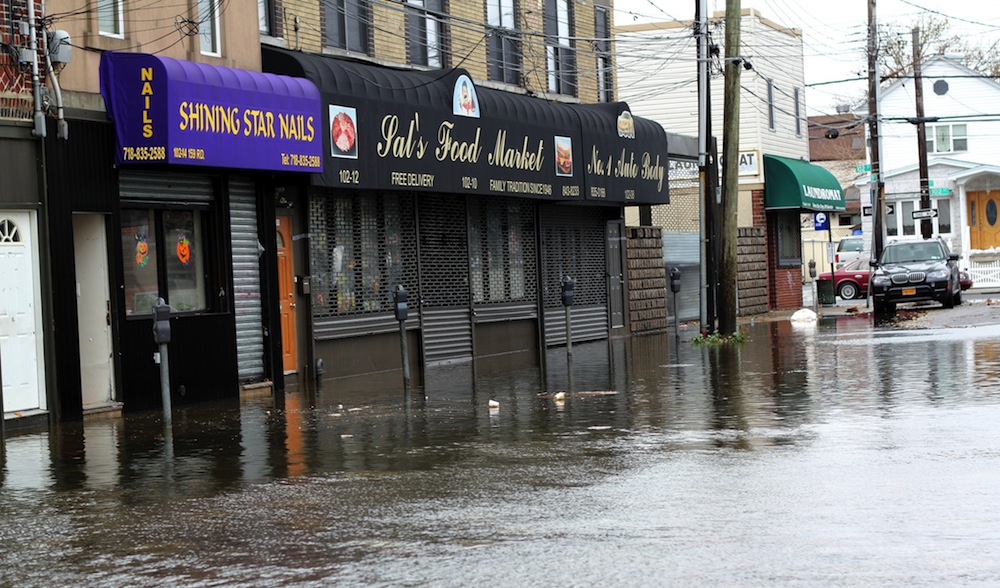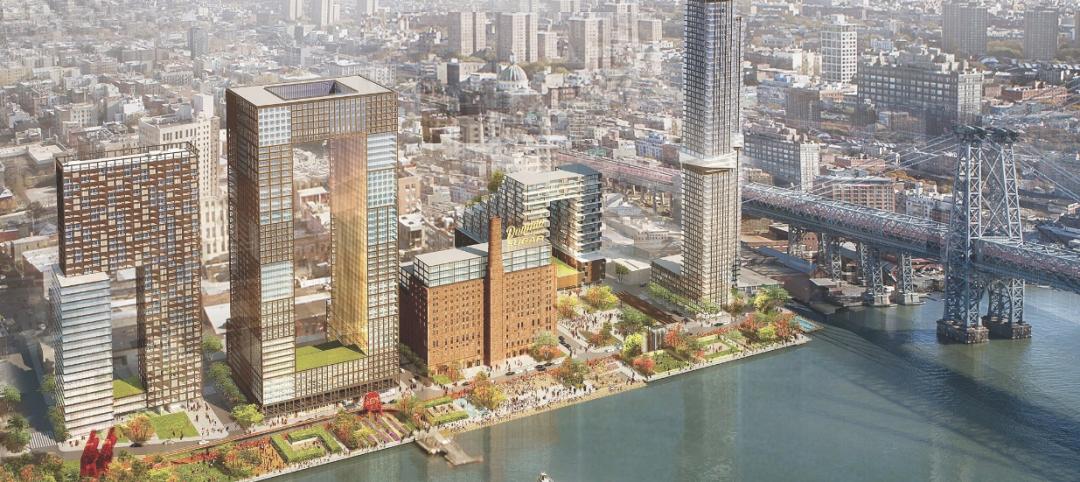Communities around the country including New York City, the Massachusetts towns of Marshfield, Scituate, and Duxbury; Palm Beach County, Fla.; Bethany Beach, Del.; New Orleans; and Belvedere, Calif. have challenged Federal Emergency Management Agency flood insurance rate maps.
The new maps place 80% more New York City homes and businesses in flood zones than the previous set of maps. New York City disputes the new maps and has come up with its own map that takes into account resiliency projects such as hardening of the shoreline. The city’s revised map would remove about 26,000 buildings from flood zones. It wants FEMA to revise federal flood zone maps according to the city’s map.
Builders in New Jersey who have permits that were grandfathered in may still move forward with their projects in flood zones, but are faced with tough decisions. Those who choose to build under outdated flood zone regulations may have their projects undervalued when buyers discover they have to pay high flood insurance premiums.
Professionals who deal with flood map revision requests say that the agency is open to good faith requests for changes to the maps. The process to get changes passed is a lengthy one, however.
Related Stories
Smart Buildings | Apr 28, 2014
Cities Alive: Arup report examines latest trends in urban green spaces
From vertical farming to glowing trees (yes, glowing trees), Arup engineers imagine the future of green infrastructure in cities across the world.
Smart Buildings | Jan 7, 2014
9 mega redevelopments poised to transform the urban landscape
Slowed by the recession—and often by protracted negotiations—some big redevelopment plans are now moving ahead. Here’s a sampling of nine major mixed-use projects throughout the country.
Smart Buildings | Sep 13, 2013
Chicago latest U.S. city to mandate building energy benchmarking
The Windy City is the latest U.S. city to enact legislation that mandates building energy benchmarking and disclosure for owners of large commercial and residential buildings.
Smart Buildings | Feb 14, 2013
Minneapolis joins energy benchmarking trend for commercial buildings
Minneapolis is the latest major metro to require large commercial buildings to benchmark and disclose their energy and water use.










